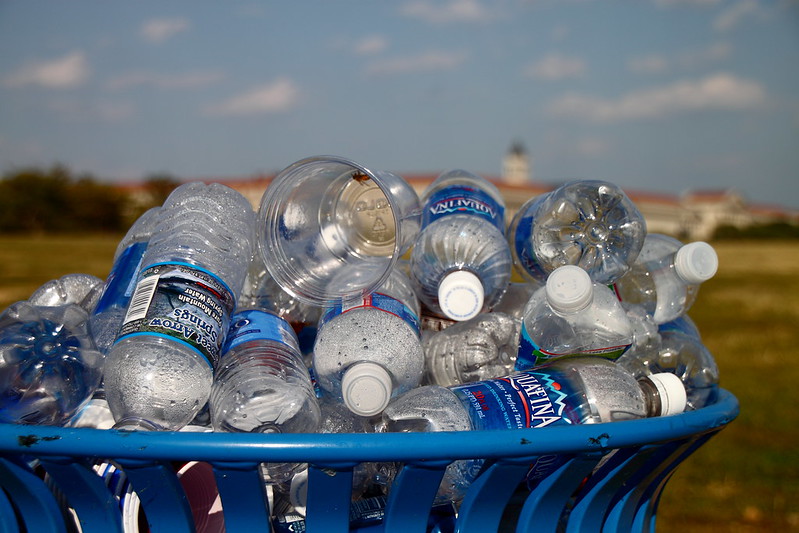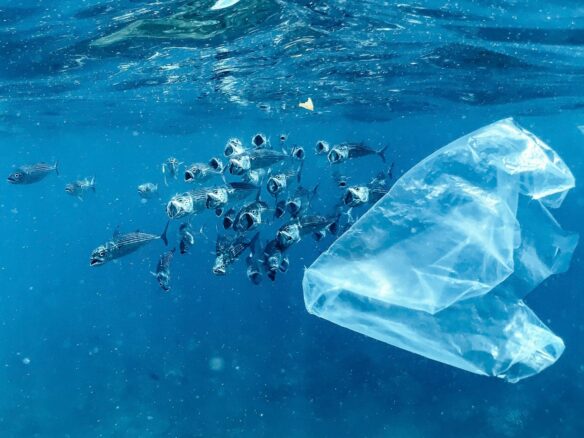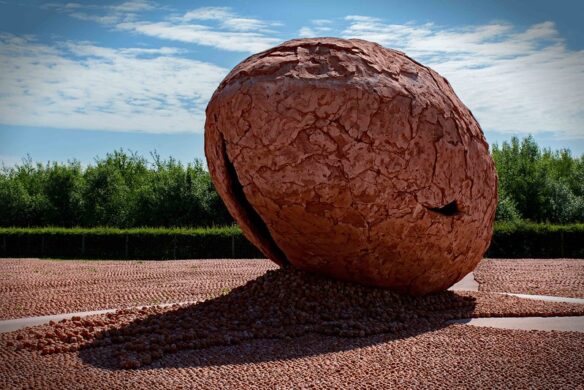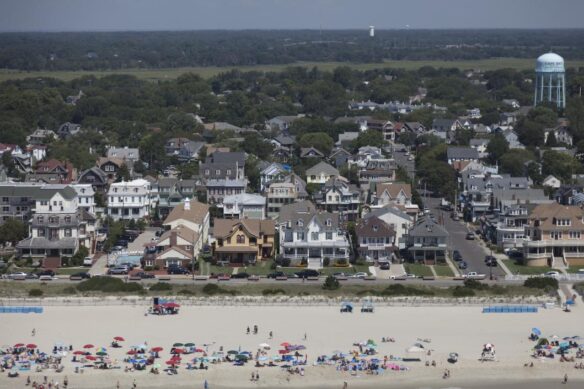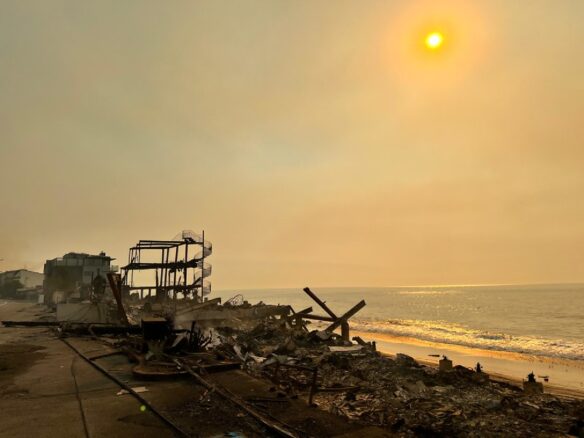Excerpt:
This week, California Attorney General Rob Bonta sued ExxonMobil for perpetuating what he called a decades-long fantasy: that the world’s plastics problem would just disappear with better recycling.
Right now, even in California, little plastic is recycled.
In most of the Bay Area, curbside recycling companies focus on collecting rigid plastics in specific shapes – bottles, jugs and tubs – which have an actual value on the marketplace. Yet customers continue to put all kinds of other plastic waste in the blue bins that ultimately ends up in landfill.
The containers with the most value are bottles and jugs made with #1 and #2 plastic, such as those used to hold water, soda, laundry detergent and shampoo; the numbers refer to the type of plastic resin used in the product. “Tubs” refers to #5 wide-top plastic containers that hold things like yogurt and butter; not all jurisdictions recycle these.
Martin Bourque, executive director of the Ecology Center, a nonprofit that hauls waste in Berkeley, said the myth that most plastic is recyclable has created a “public relations nightmare.”
“People are putting it in the blue bin and then we have to deal with it. And if we say, ‘Hey, no, it’s not actually recyclable,’ then people get upset with us.”
ExxonMobil is the largest producer of polymers used to make the single-use plastics – which Californians throw away to the tune of 290 Olympic swimming pools full per day, according to CalRecycle, a branch of the state environmental protection agency. The lawsuit claims that the oil company is responsible for “the deluge of plastic pollution that has harmed and continues to harm California’s environment, wildlife, natural resources and people.”
In a statement, ExxonMobil said that the state was to blame for not having an effective recycling system and that it has processed more than 60 million pounds, or 30,000 tons, of plastic waste into raw materials. (The U.S. produced 35.7 million tons of plastic waste annually as of 2018, according to the Environmental Protection Agency.)
The main problem, waste companies say, is their inability to sell most plastics to companies that want to turn them into other products. While there are strong markets for recycling paper and cardboard, glass and aluminum – which waste companies said customers should put their energy into sorting – the value of plastic waste changed drastically after China stopped accepting much of the world’s plastics in 2008.
Today, about 5% of plastic waste is recycled in the United States, which makes reducing the use of plastic the overall best solution, waste experts say.
“Many of us hope something will get recycled, which we refer to as ‘wish-cycling,’ but in the end their good intentions can contaminate other items that are recyclable and or break sorting machines,” said Jennifer Grenier Selvig, outreach manager at Marin Sanitary Service, in an email.
For example, many customers put plastic bags in their recycling bins. These are not recycled, can clog up machinery and can make their way into bales of paper and other plastics, making them less valuable.
Paula Borges, zero waste manager at Palo Alto’s department of public works, said “wish-cycling” can include customers putting tiny pieces of plastics like tabs from a bread bag or Styrofoam blocks into the blue bin. Plastics that are heavily contaminated with food, such as mayonnaise or peanut butter jars, are also not recycled, she said.
Marin Sanitary Service has a “reliable market” for plastic bottles, jugs and tubs at plants in California, Iowa, Alabama, Pennsylvania and Mexico, Grenier Selvig said.
“However, if a resin type becomes difficult to market, we and others may stockpile the bales in hopes of a change,” she said. “While sitting there, the plastic degrades to a degree and may still end up in the landfill…”
See Also:
California lawsuit accuses Exxon Mobil of misleading the public about plastic recycling
California sues Exxon Mobil over ‘sham’ of plastics recycling

